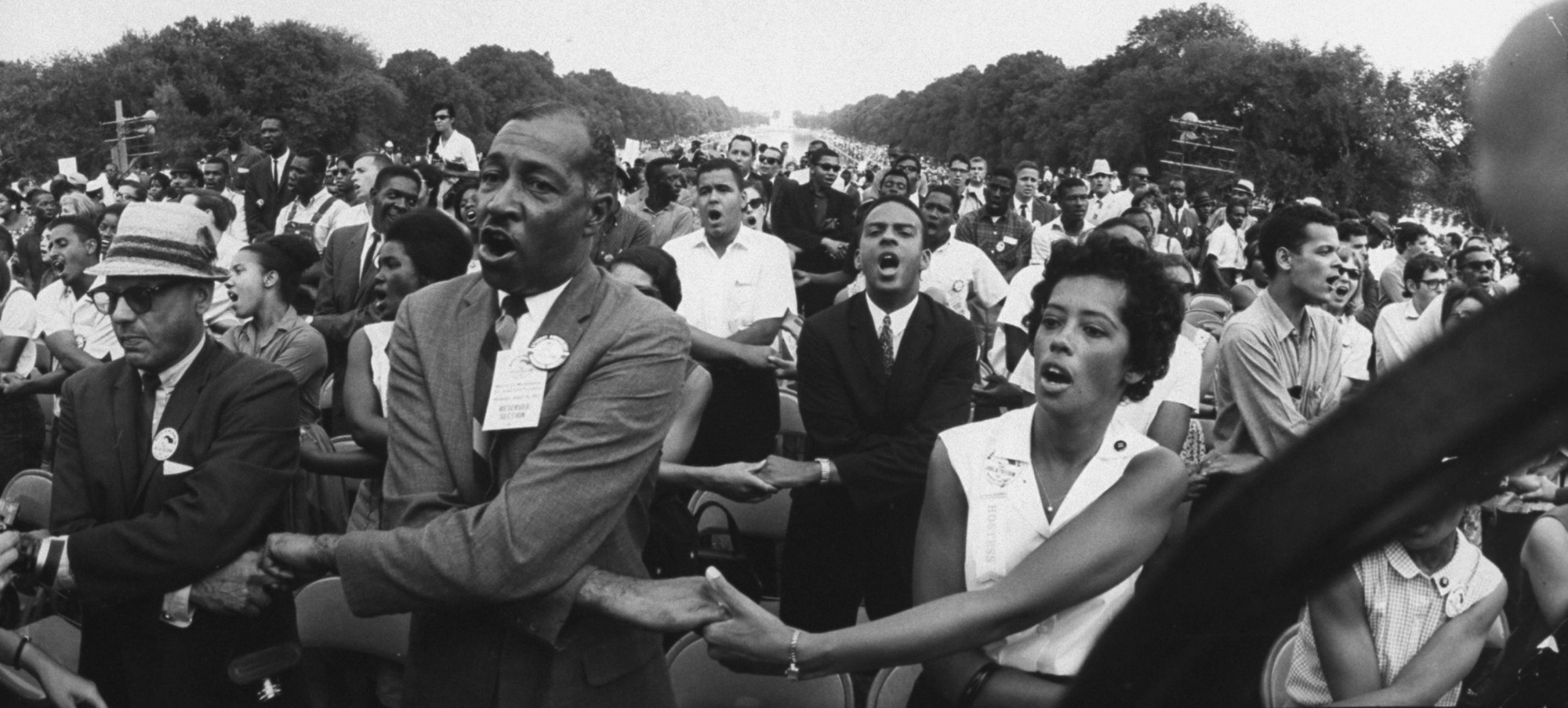At the March 2011 launching of OIC of America’s Entrepreneurial Mindset Initiative (EMI), OICA’s chairman, Herman “Art” Taylor, reiterated the imperative for a self-reliance, we-have-to-help-ourselves approach:
“Consistent with our history, OIC of America will not wait for someone to wave a magic wand and eliminate the economic disparities for African Americans. It has not happened in the past and will not happen in the future…” (emphasis added)
The EMI has the potential to grow into a potent national resource-pooling initiative, e.g., as conceptualized in the National Venture & Excellence (EXCEL) Fund. At the very least, its performance should provide useful insights for the “Black Progress Innovators” (BPIs) who want to establish such a fund.
The rationale for the initiative, according to OICA:
“Given the proven correlation between self employment and wealth creation, OICA is launching this focused initiative to encourage more African Americans to think like and become entrepreneurs. …[EMI] will recruit individuals from economically distressed communities. In so doing, we will challenge the notion that people without means cannot thrive in business in our society. While it may be harder for them to achieve success than for those with more, these individuals will demonstrate that they, too, with help, can be business owners, acquire wealth, employ others and contribute to their communities.”
The $100 million EMI will be “perpetually funded” by an endowment to be raised in two parts: (a) the first $10 million will be raised through OIC10, a funding initiative that is soliciting one million, one-time $10 contributions nationwide; and (b) the remaining $90 million is expected to be obtained through ‘challenge grants’ from foundations and interested individuals. Continue reading →
 Robert L. Johnson Urges President Obama to Encourage U.S. Businesses to Adopt Version of the NFL Rooney Rule for Employment. News Release. Rljcompanies.com. December 17, 2012.
Robert L. Johnson Urges President Obama to Encourage U.S. Businesses to Adopt Version of the NFL Rooney Rule for Employment. News Release. Rljcompanies.com. December 17, 2012.